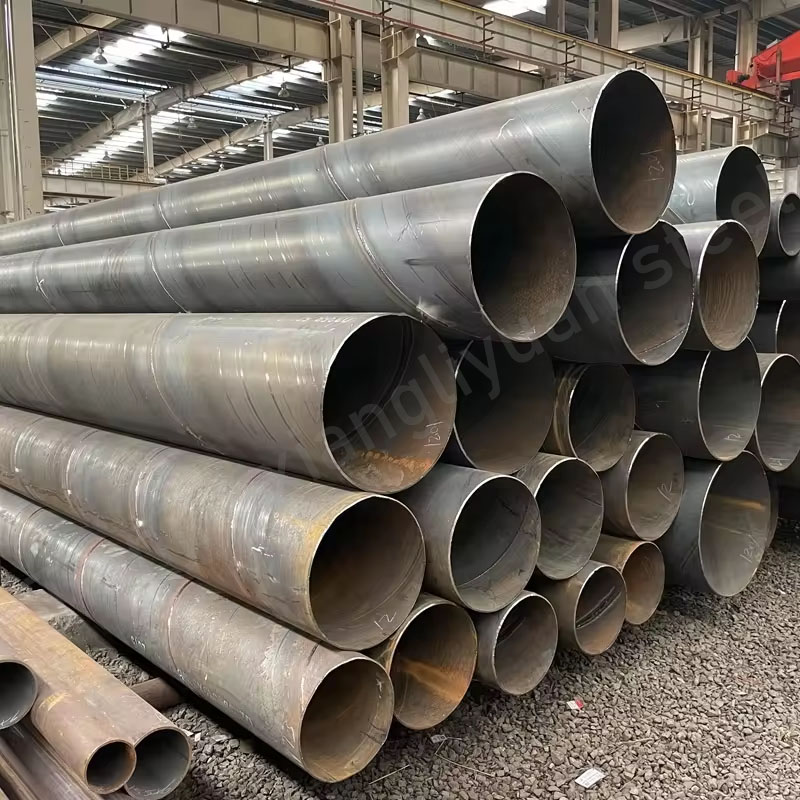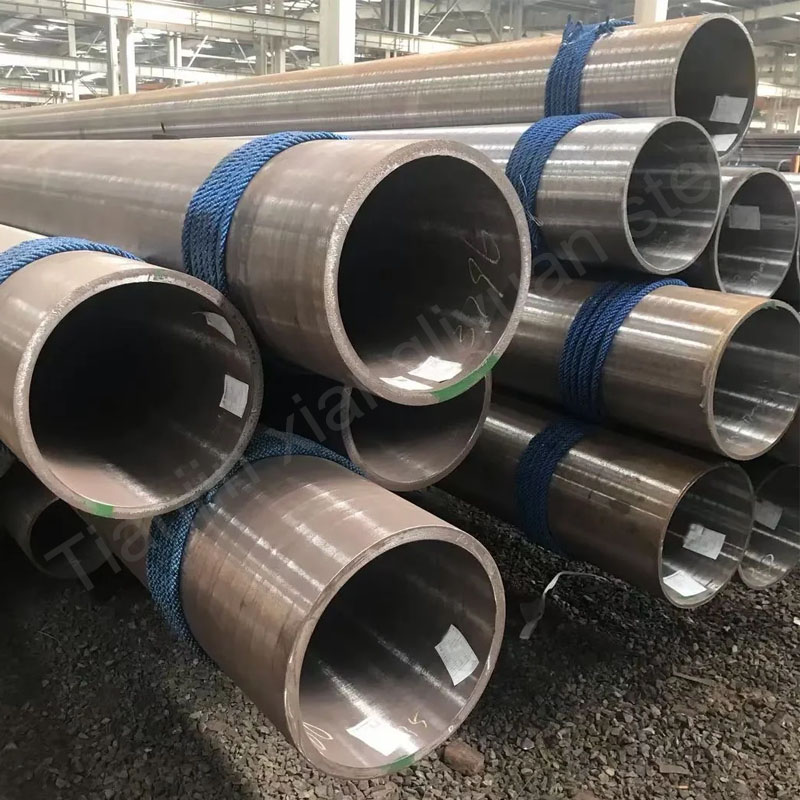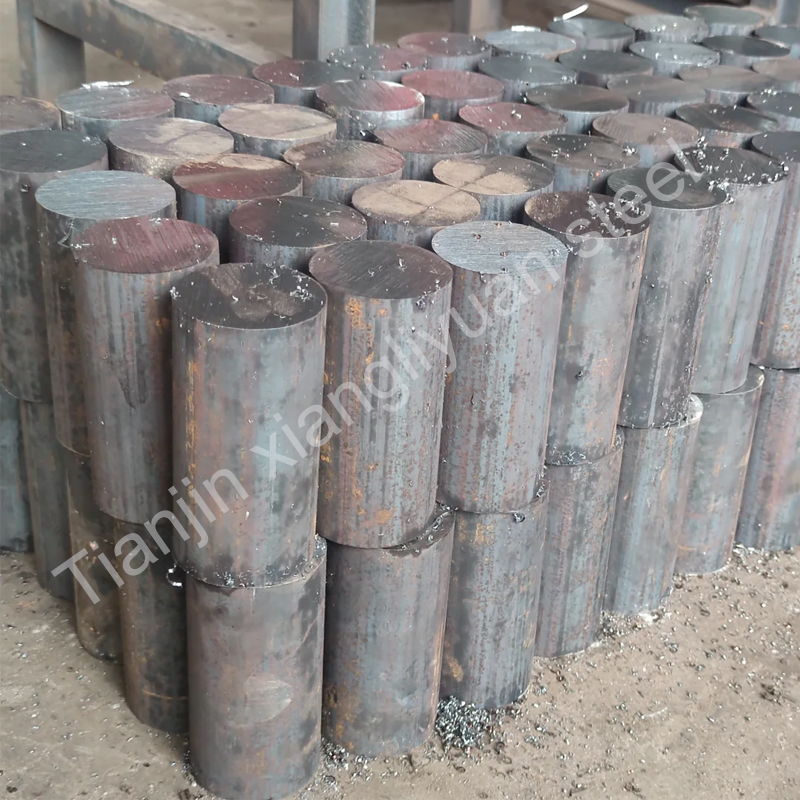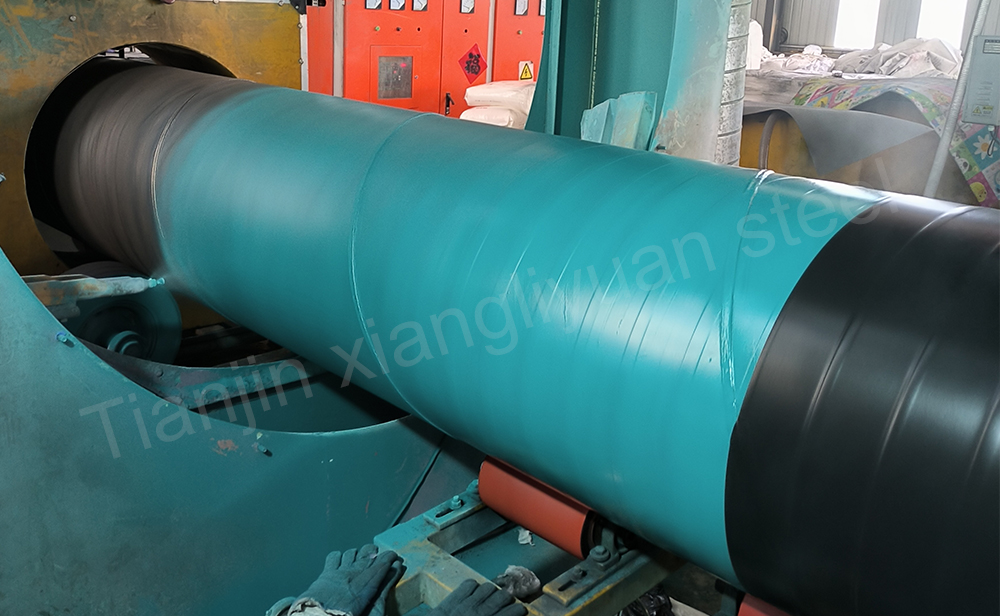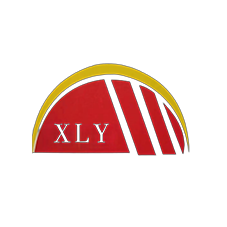The standards for welded steel pipes cover the respective specifications of different regions and countries to ensure the quality, safety and performance of the products. These standards are applied in major markets such as China, the United States, Europe and Japan. The following are common welded steel pipe standards:
Chinese Standard (GB)
GB/T 3091 – Welded steel pipes for low-pressure fluid transportation.
GB/T 9711 – Pipeline steel pipes for petroleum and natural gas industries (including welded steel pipes and seamless steel pipes).
GB/T 13793 – Straight seam electric welded steel pipes.
GB/T 12771 – Stainless steel welded steel pipes for fluid transportation.
GB/T 14291 – Welded steel pipes for underground coal mines.
American Standard (ASTM/ASME)
ASTM A53 – Seamless and welded steel pipes for conveying fluids.
ASTM A252 – Welded steel pipes for piles.
ASTM A500 – Cold-formed welded and seamless carbon steel pipes for structures.
ASTM A778 – Seamless and welded austenitic stainless steel pipes for general use.
ASME B36.10M – Dimensional standard for welded and seamless steel pipes.
European Standards (EN)EN 10217 – Welded steel pipes for pressure purposes, divided into several parts covering different steel grades and applications.
EN 10219 – Cold-formed welded structural steel pipes.
EN 10305-3 – Precision welded steel pipes for the machinery and automotive industries.
EN 10255 – Threaded or unthreaded welded steel pipes of non-alloy steel, mainly for the transportation of fluids.
Japanese Standards (JIS)
JIS G3444 – Carbon steel pipes for structural purposes.
JIS G3452 – Carbon steel pipes for the transportation of water, gas and steam.
JIS G3454 – Carbon steel pipes for low and medium pressure boilers and heat exchangers.
JIS G3468 – Spiral welding of steel pipes.
JIS G3466 – Square and rectangular steel pipes.

